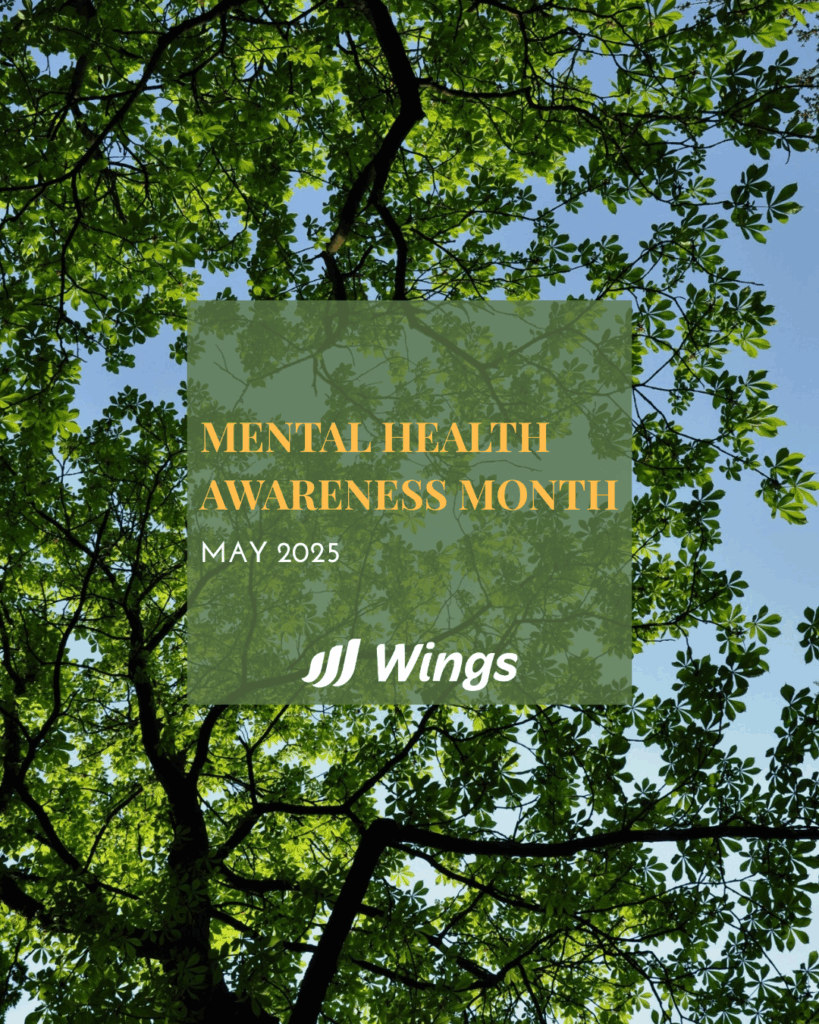Why Mental Health Matters for Adult Survivors of Childhood Sexual Abuse

May 01, 2025
May is Mental Health Awareness Month, a time when we collectively pause to recognize the importance of emotional well-being and the barriers that still stand in the way of healing for many. For adult survivors of childhood sexual abuse (CSA), prioritizing mental health is not just an aspect of wellness. It is a core part of the healing journey and reclaiming a sense of self.
The Lingering Impacts of Childhood Trauma
CSA doesn’t stay in childhood. The emotional, psychological, and even physical consequences can follow survivors into adulthood, sometimes without their full awareness or understanding. These impacts often manifest as anxiety, depression, PTSD, dissociation, or difficulties with trust and intimacy. For many, the impact of abuse is compounded by not being believed, supported, or protected at the time it occurred—or now.
Left unaddressed, these wounds can shape a person’s relationships, self-worth, and ability to feel safe in their own body. And yet, adult survivors are often expected to “move on” or “let it go,” as if time alone can heal trauma.
Survival Isn’t the Same as Healing
Many survivors become experts at surviving: navigating life, careers, and caregiving responsibilities all while carrying invisible pain. But survival and healing are not the same. Healing requires safety. It requires community. And, most critically, it requires access to trauma-informed mental health care and other services.
Support isn’t a luxury; it’s a necessity.
The Barriers Are Real
Too often, survivors face overwhelming barriers to mental health care whether due to cost, stigma, lack of culturally competent providers, or a system that wasn’t designed with trauma survivors in mind. For Indigenous, Black, and other marginalized communities, these challenges are even more pronounced due to systemic injustice and historical harm.
Our Commitment to Survivor-Centered Healing
At Wings, we believe that every survivor deserves a path to healing that is rooted in dignity, agency, and community. That means advocating for accessible, trauma-informed mental health care and recognizing the many ways trauma intersects with aspects of oneself including race, sexual orientation, gender, and/or other aspects of one’s lived experience.
We center survivors in everything we do because healing is not linear, and no one should have to journey that path alone.
This Mental Health Awareness Month…
We invite you to join us in:
- Listening to survivors with compassion.
- Supporting policies that expand access to trauma-informed care.
- Donating to organizations doing the work to break the silence and build spaces to heal.
- Reminding survivors: You are not alone. You are not broken. You are worthy of peace.